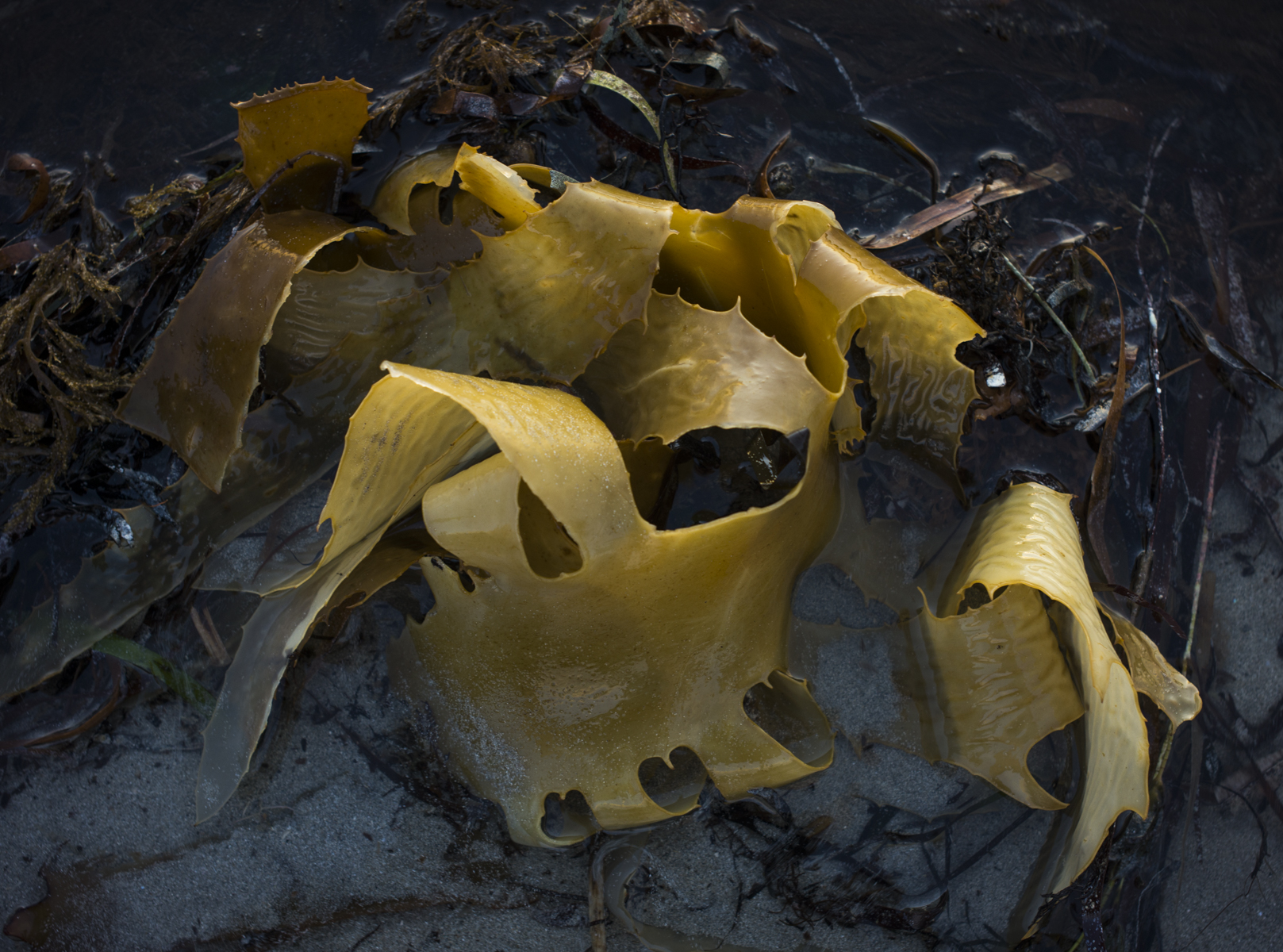It is argued that in contrast to the Kodak culture, where a small group of persons (friends and family) share oral stories around images with others, the digital new culture of the image on Flickr, the photo-sharing site, is one where a large-scaled conversation is shared with people that participants don’t know in real life.

That large-scaled conversation shared with people used to be the case with Flickr, but it is less so know. Flickr’s key strengths are seen as photo sharing and storage. Around 2005/2006 it was the best online photo management and sharing application in the world. There was the social sharing which used to be quite active in a community sense because Flickr was a place where people who took photography more seriously went.
No longer. The impact of the mobile phone has meant that people tick the ‘like’ button for an particular image, rather than comment or engage in a large scale conversation on other people’s photos. I used to engage in the conversations but with Yahoo’s recent (2013) revamp/redesign of Flickr I more or less drop an image into my photo stream and run. The new style Flickr represents a “sea change” in its purpose.
Matt Honan argues that It would be fair to say that Yahoo Yahoo didn’t care about Flickr’s users—the community that created the data. He says that Yahoo cared about was the database its users had built and tagged. It didn’t care about the community that had both created it, and (more importantly) continued to grow that community by social sharing.

Flickr wasn’t that profitable so it wasn’t given the resources by Yahoo to innovate. Flickr was resource-starved even though it had the best social connection and discovery tools on the Internet circa 2006–8.
Yahoo failed to capitalize on Flickr’s social potential and Facebook became the big up-and-coming social network, and Flickr has become an internet backwater in spite of its massive database of geotagged, Creative Commons- and Getty-licensed, subject-tagged photos. Many people have vanished— I shifted my film work to Ipernity –to Facebook and Instagram.

